BALTIMORE — The Maryland Zoo in Baltimore staff is mourning one of their most charismatic animals, Mary the river otter. Mary was humanely euthanized on Monday, October 19, 2020 after a rapid decline in health.
“Mary had remarkably few medical issues during her long life here at the Zoo,” said Dr. Ellen Bronson, senior director of animal health, conservation, and research at the Zoo. “She had some mild hind limb weakness for a few weeks and had improved on treatment. Then, last week she began losing weight rapidly despite her typical good appetite. Due to her age and the rapid worsening and severity of her signs, we made the tough decision to humanely euthanize her.”
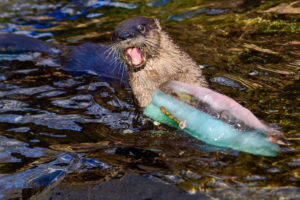
Mary came to the Zoo as a juvenile otter in 2000 after she and her brother Wilson were found as abandoned pups in Charleston, South Carolina. At 21-years-of-age, she was the oldest female North American river otter in the Species Survival Plan (SSP). The sibling otters were named for Mary Wilson, the Zoo’s first African-American senior zookeeper who had recently retired from the Zoo after a 38-year career. Sadly, Mary Wilson passed away earlier this year from complications of COVID-19.
“Mary the otter was always interested in the training sessions with the animal care team. The animal keepers and veterinary technicians worked with her to accomplish voluntary injections for vaccinations and anesthetic inductions, and had even recently trained her to allow voluntary blood draws from her tail,” stated Erin Grimm, mammal collection and conservation manager. “I cannot overstate the importance of the training program and the diligent care she received day after day which was key to providing her with a long life at the Zoo.”
“In her older years she was still vigorous and energetic, although she was not fond of sharing the habitat with the younger otters at all,” continued Grimm. “She was definitely a staff favorite and we will all miss her.”
North American river otters (Lontra canadensis) can thrive in many types of water habitats including ponds, marshes, lakes and rivers as long as there is adequate food to catch. Otters typically eat crawfish, crabs, frogs, bird eggs, and fish. River otters create dens along the waters’ edge in empty burrows and logs or abandoned beaver lodges. In Maryland, river otters live in tidewater areas across the state. The Maryland Zoo has two North American river otters, Piper and Hudson, which can be found in the Otter Stream Habitat in the Maryland Wilderness section of the Zoo.

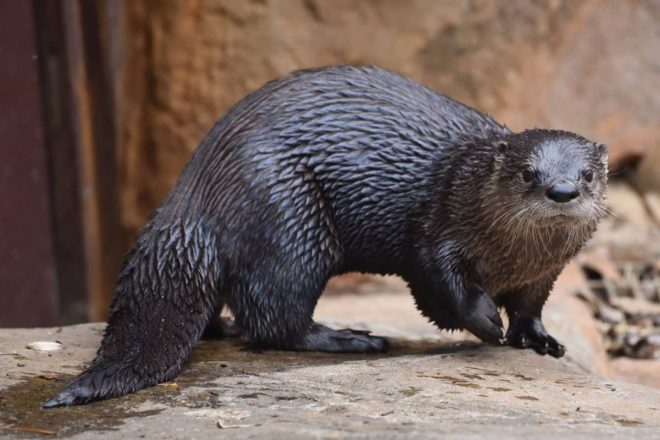
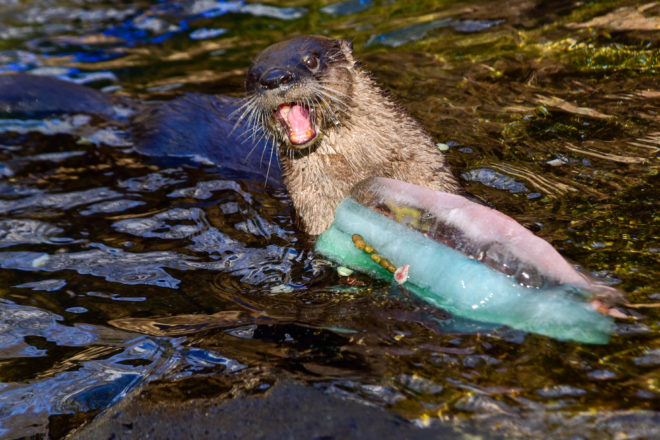
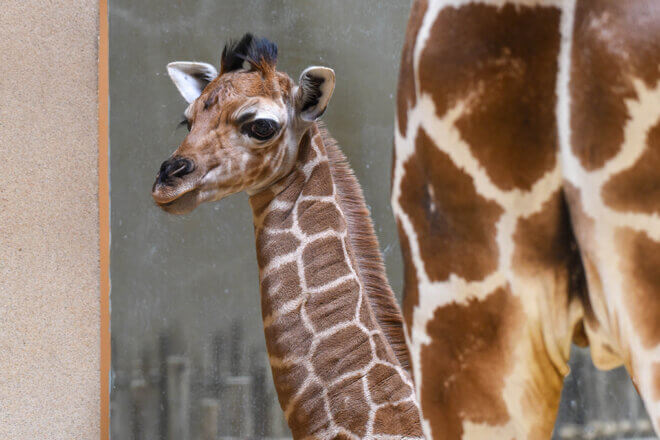
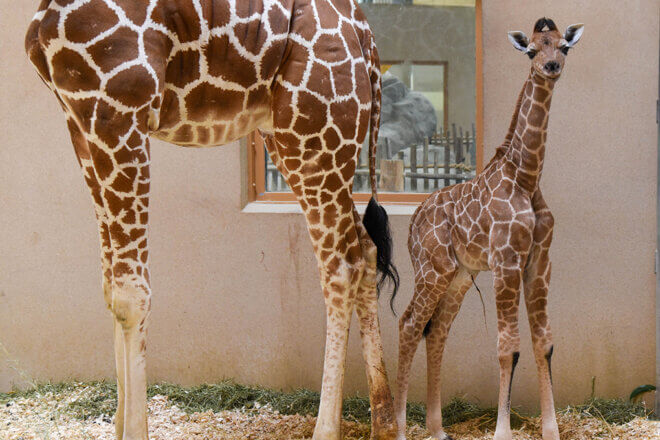

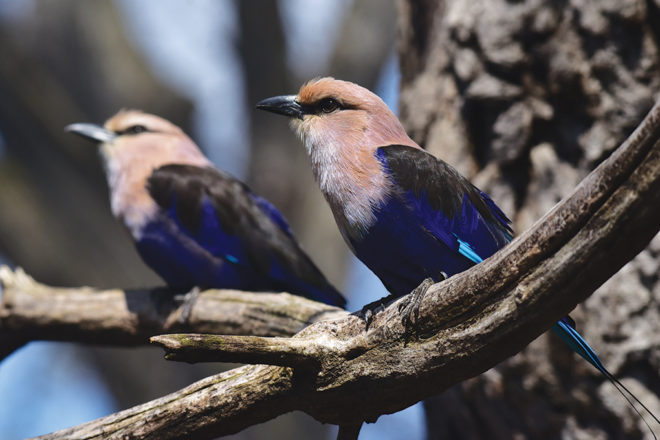
Share this article